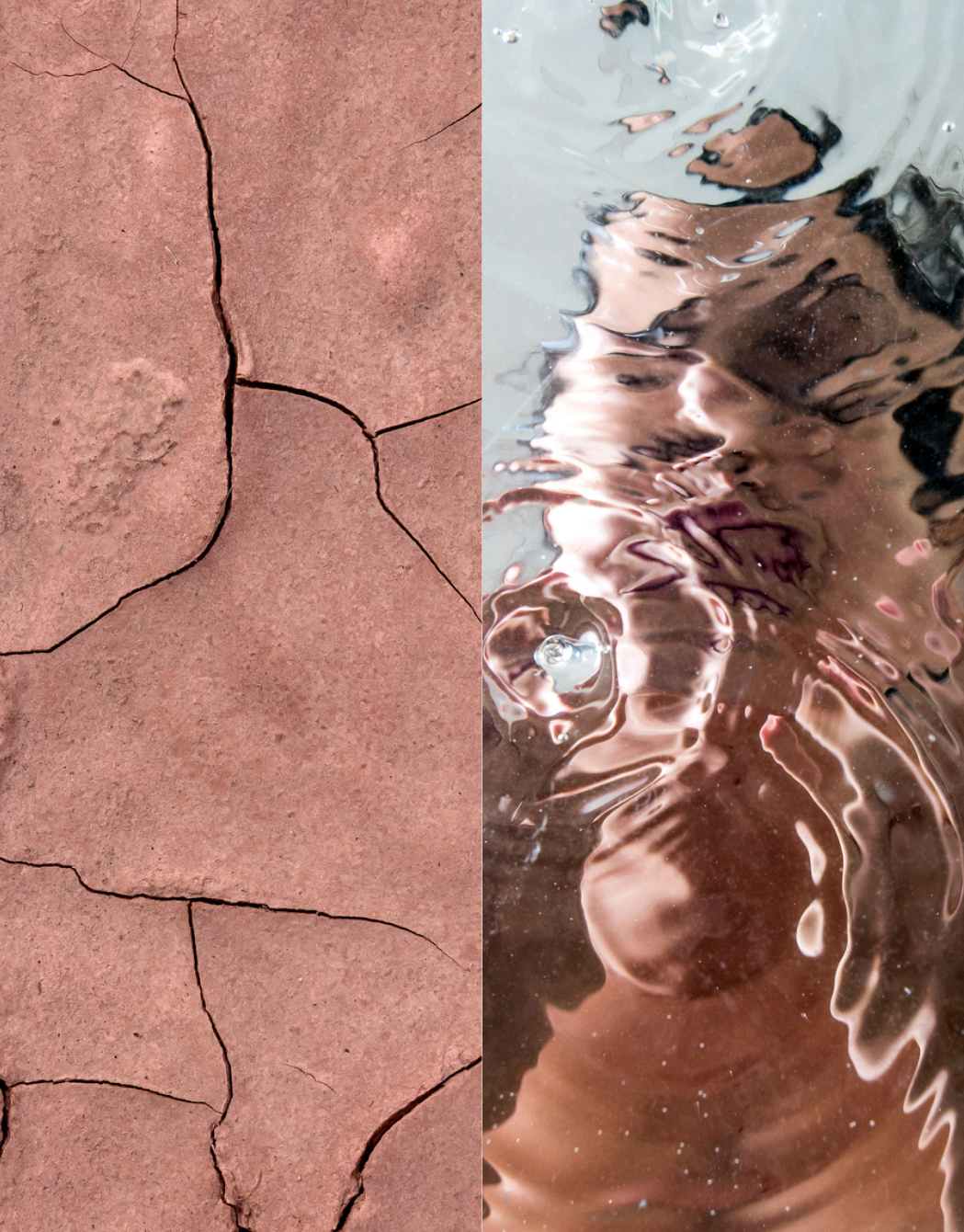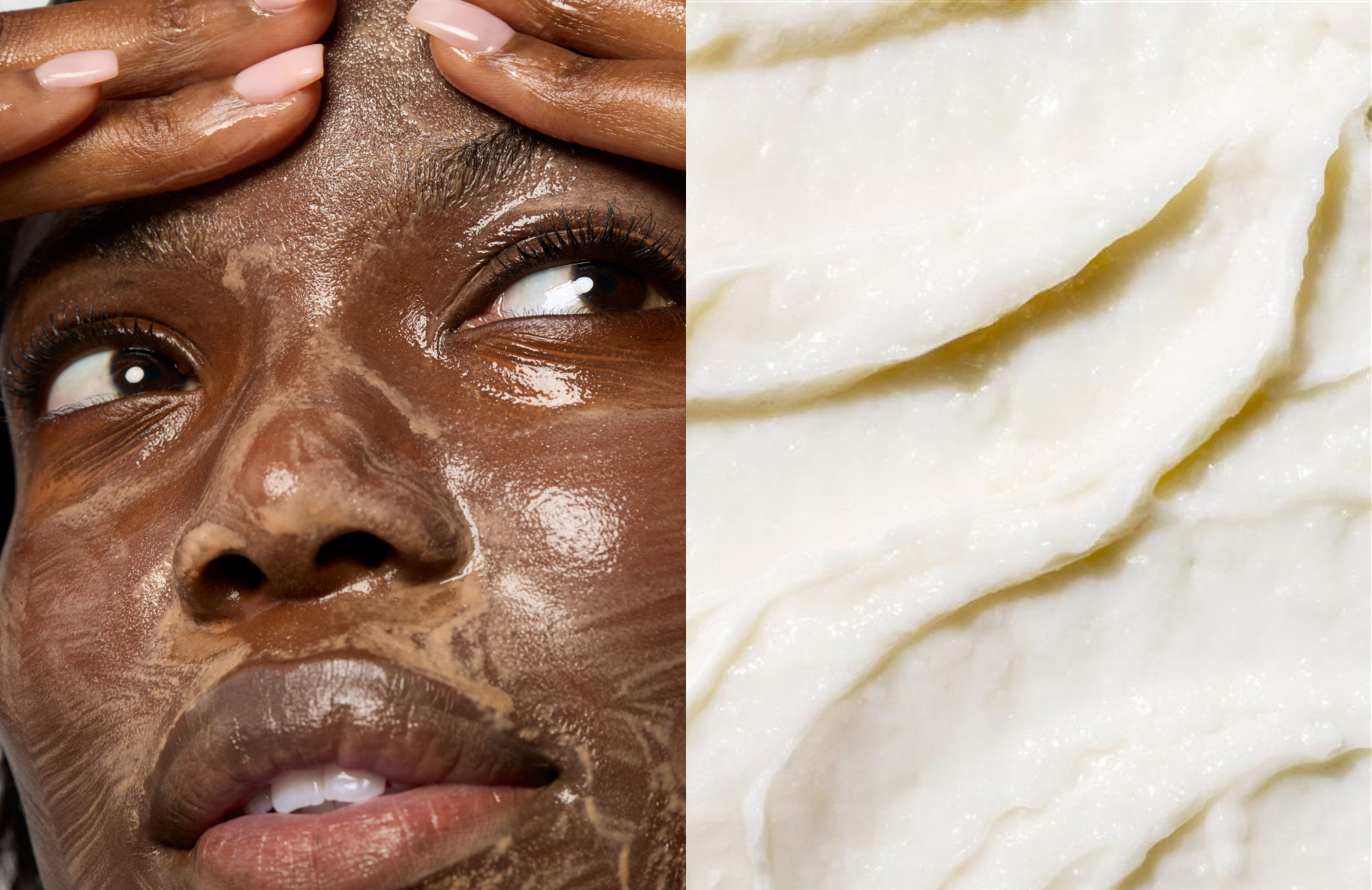Eczema explained, part 2: Is melanin-rich skin more prone to misdiagnosis? Plus, other myths and mistakes you need to know


Clinically reviewed by: Alexander Zuriarrain, MD, FACS
Eczema, a skin disorder characterized by itchy, patchy, irritable skin, affects some 31.6 million Americans—roughly 10% of the population. The condition is prevalent and it’s not uncommon for well-known symptoms like flakiness and itch to inspire an uninformed (or Google spree-informed) self-diagnosis.
In the internet era, we all know it can be challenging to separate the wheat from the chaff, particularly when it comes to clinical conditions and especially in skin of color. Let’s take a moment to tackle the six most common eczema myths, as well as the truth behind them.
What is eczema?
Dermatologists today recognize a total of seven different types of eczema, whose symptoms can vary from mild to severe (from a barely-there nuisance to extreme, full-body irritation). In this article, we’ll be focusing on one of the most common types: atopic dermatitis.
Atopic dermatitis, also known as atopic eczema, usually appears in early childhood and while some cases go away, others may experience severe cases. While a common symptom includes itching, there are a few other hallmark symptoms of atopic dermatitis:
- Redness, rashes, and swelling
- Cracked, bumpy or dry skin
- Itchy, scaly skin
- A rough or tough texture
- Blisters and bleeding
- Under-eye shadows
People with this type of eczema may notice these symptoms appear anywhere on their body, including the lips.
6 common myths and mistakes about eczema
The diverse ways symptoms can express themselves may make understanding the condition a touch more complicated. Clearing up 6 common myths about eczema is an important first step toward a clearer complexion.
Eczema doesn’t discriminate and can appear on all skin tones from Fitzpatrick Level 1 (the fairest) to Level 6 (the most melanin rich). And certain side effects like itch disproportionately affect people of color and Asian/Pacific Islander races. Here are some reasons for eczema misdiagnosis in skin of color:
- Itch is often more severe
- Placement of lesions (flexural lesions are less common and more likely to develop extensor involvement)
- Erythema (skin redness) is less visible
- Lichenification (skin thickening) is more common and severs
- Dyspigmentation like hyperpigmentation and/or hypopigmentation
Contrary to popular belief, eczema is neither viral or bacterial. The precise cause of eczema is unknown, but the American Academy of Dermatology believes it comes down to the way our genes respond to our environment. Most dermatologists agree the condition is spurred by the following contributors:
- Genetics: You may be prone to eczema if members of your family have a history of allergies, hay fever, and/or asthma
- Lack of filaggrin: Without adequate filaggrin (a vital protein that helps reinforce the skin’s barrier) the skin has a harder time retaining moisture, leading to dry, itchy skin
- Environment: Whether it’s frigid temperatures or high humidity, climate and weather can radically impact eczema’s expression
- Immune system: Over–reactive immune systems can cause certain people to experience inflammation and eczema flare-ups when they come in contact with a topical irritant
You may have heard that eczema occurs only in childhood because approximately 80% of eczema cases fade by the time a child reaches adolescence or adulthood. However, many experience occasional recurrences of the condition in their lifetimes.
Steroids are a popular, dermatologist-prescribed treatment for eczema because they help manage inflammation. So are prescription drugs like immunosuppressant medications and allergy medications. These may also be effective for preventing itchiness (and the need to scratch that attends it), but they don’t come without side effects, like thinning skin and worsening of symptoms.
Oat is clinically proven to relieve itch and soothe eczema symptoms—so much so that dermatologists recommend it. And, new ingredient technology research reveals that certain extracts and blends help hydrate and soothe the skin.
Contact dermatitis (an acute rash spurred by an allergic reaction to, say, a new soap or body butter) can resolve on its own with time. But choosing to let atopic dermatitis clear on its own is a big mistake. This is a lifelong condition that requires management, as well as a healthy dose of diligence and determination. With proper eczema treatment, however, you may see fewer flare-ups and even experience remission for months and sometimes years.
Don’t be swayed by products claiming they can cure eczema. Unfortunately, eczema is a chronic condition with no known cure. However, a handful of lifestyle adjustments. Identifying your specific triggers and non-steroid over the counter products demonstrate high efficacy for treating and relieving symptoms of eczema.
Having eczema may feel like an ongoing crusade, with battle scars in the form of blisters and scabs to prove it. Once you’ve landed on the right treatment plan, though, taking care of eczema may feel less like micromanagement, and more like a way of showing love to your skin.
The views expressed in this article do not necessarily represent the views of Murad, and are for informational purposes only, even if the advice of physicians and medical practitioners are included. This article is not a substitute for professional medical advice, diagnosis or treatment, and should not be considered specific medical advice.
Eczema explained, part 1: Did you know there are 7 types of eczema? Why it matters—plus, which type do you have?
Eczema explained, part 3: Acclaimed dermatologist Dr. Howard Murad reveals the truth about eczema flare-ups and their link to fragrances, fabrics and feelings
References for this information:
American Academy of Dermatology Website, Atopic Dermatitis
National Eczema Association Website, Eczema Stats
National Eczema Association Website, Eczema Causes and Triggers
Mayo Clinic Website, Diseases & Conditions
Clinical Dermatology, 2017, volume 35, issue 4, pages 344-348
Cleveland Clinic Website, Diseases & Conditions
Family Doctor Website, Diseases & Conditions


